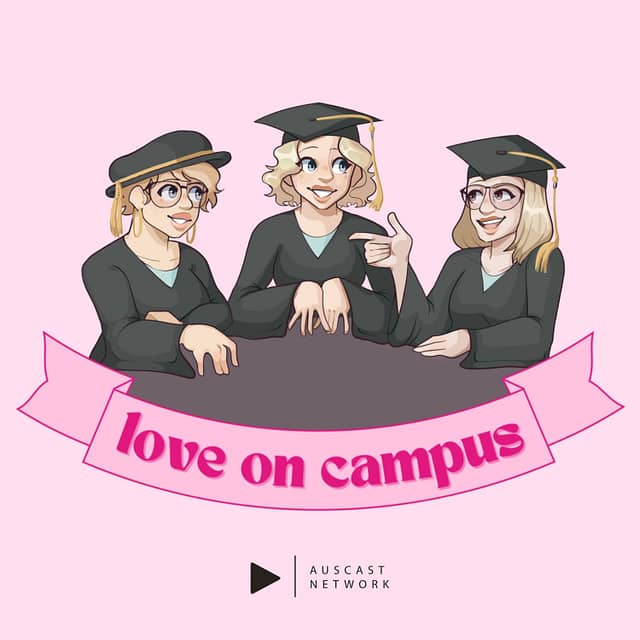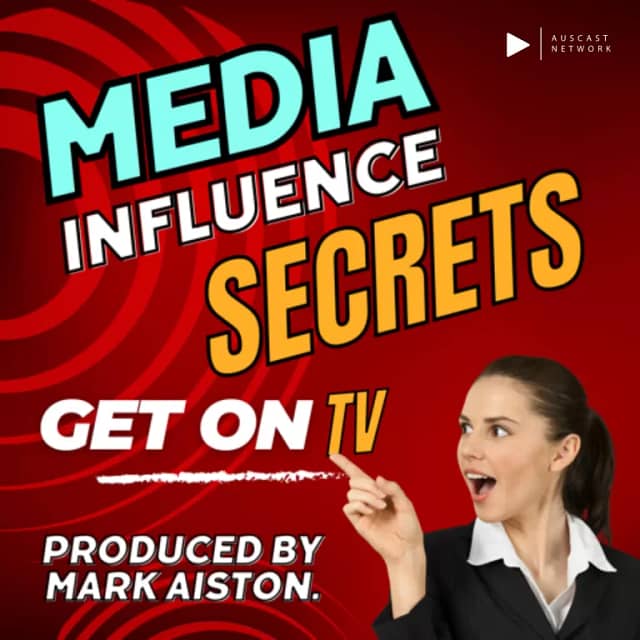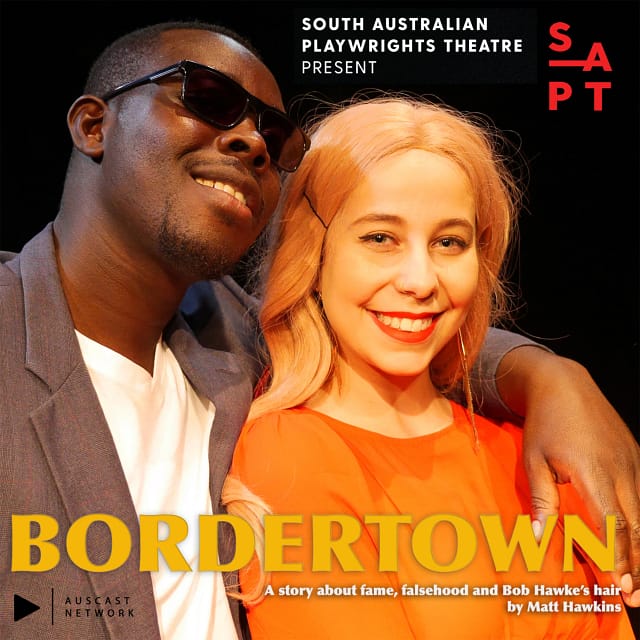In this week’s episode of The Adelaide Show, we invite you to an audience with an epidemiologist during the Covid-19 pandemic,
and we’re doing this so you can be armed with more understanding of the complexity of this field and why our health authorities make decisions we often don’t understand. Dr Jacqueline Stephens, Research Fellow and Epidemiologist at Flinders University, is our special guest and we were also joined by former host, Nigel Dobson, cognitive scientist.
In the Musical Pilgrimage, we have a perfect song by Fergus Maximus, which is most fitting during this time of Covid-19 restrictions.
To kick things off, in the SA Drink Of The Week, we return to Rojomoma for a hearty, Barossan red.
LISTEN BELOW
You can navigate episodes using chapter markers in your podcast app. Not a fan of wine? You can click next to jump to the next chapter in the show. We’re here to serve!
And please consider becoming part of our podcast by joining our Inner Circle. It’s an email list. Join it and you might get an email on a Sunday or Monday seeking questicon ideas, guest ideas and requests for other bits of feedback about YOUR podcast, The Adelaide Show. Email us directly and we’ll add you to the list: podcast@theadelaideshow.com.au
If you enjoy the show, please leave us a 5-star review in iTunes or other podcast sites, or buy some great merch from our Red Bubble store – The Adelaide Show Shop. We’d greatly appreciate it.
And please talk about us and share our episodes on social media, it really helps build our community. Oh, and here’s our index of all episode in one concise page
Running Sheet: An audience with an epidemiologist during the Covid-19 pandemic
00:00:00 Intro
Introduction to the show.
00:02:13 SA Drink Of The Week
The SA Drink Of The Week is a Red Art Shiraz from Rojomoma in the Barossa Valley. We taste it with winemaker, Sam Kurtz.
00:10:34 Dr Jaqueline Stephens, an epidemiologist
I’ve been saddened by the growing volume (both noise level and number of voices) of people who are citing anti-science and consipiracy-theory views about our government’s approach to dealing with Covid-19. And it is not so much the content – although that’s misleading enough, eg, I already have my Covid vaccine it’s called Vitamin D – but there is a snide and toxic tone to the commentary. At a time when we all need to be working together for the common good, these voices of dissent are dangerous.
As our contribution to helping inform public debate, I am joined by fellow podcast host and cognitive scientist, Nigel Dobson, and Dr Jacqueline Stephens, Research Fellow and Epidemiologist at Flinders University. Thank you both for braving a heatwave day to join me.
I’d like to start by getting some reactions to a little grab bag of thoughts and comments, then settle into some definitions, and then dive more deeply into the complexities of your field, Jacqueline, as an epidemiologist.
Grab bag one: Heat wave – I’ve heard someone say that we’re lucky Covid struggles in heat and thrives in the cold, unlike some other threats. True?
Grab bag two: Serving food today. I had to find separate dishes for our allocation of olives.
Grab bag three: I’d like to insert a reading here from The Plague by Albert Camus (read by Luke, on the episode of Blind Insights entitled, The Plagues of 2020). In that passage, Camus writes that the plague never dies or disappears for good; it can lie dormant for years and years in furniture and linen-chests, etc. Is this generally true?
Grab bag four: Former guest, Dr Bill Griggs just shared a thought about vaccinations – sure to be a hot topic again. The right to choose not to vaccinate is like the right to chose not to drive on the correct side of the road. Both are expressions of individual freedom. Both may cost you your life. And both may result in death or injury to others. – Quick comment?
Jacqueline, can you give us an overview of your field because Susan Payne writes: Infectious disease epidemiology (which includes the epidemiology of viruses) is the study of the complex relationships among hosts and infectious agents. Epidemiologists are interested in virus spread or transmission, with or without disease. Viral epidemiologists try to predict the potential for development of epidemics, and a very important part of their job is to define the kinds of interventions that could contain a virus outbreak. Veterinarians are often concerned with threats to food animals (how a disease of food animals might be spread, or be introduced into a disease-free area). The keywords being complex relationships, hosts and infectious agents, predictions, and interventions.
Nigel references this book: The Hot Zone.
Steve references this podcast episode, Anatomy of a Pandemic, from the This Pathological Life podcast.
How much relative effort goes into epidemiology in chronic illness (heart disease, diabetes etc) , acute illnesses (annual diseases such as flu, chicken pox) and acute pandemics (e.g. COVID)?
How often are the various studies and data collections done? (So weekly flu vs. annual heart, cancer studies?) What level is this done at, National , or State? Is it done by the government,private industry of Academia?
How does epidemiology influence the funding,policy and work effort in dealing with various health issues?
What sort of criteria is used for what we track and what we don’t?
As more people start tracking their health, steps, heart rate, oxygen levels etc., what sort of impacts will this have on epidemiology?
What have been some of the negative impacts of not having any good epidemiological data in certain medical issues?
What are the major challenges in the industry? Too much data, changing health priorities, changing government policy, peoples apathy about their health ? etc. On this note, in a recent Sam Harris podcast, Pandemic of Incompetence, Nicholas A. Christakis, MD, PhD, MPH, the Sterling Professor of Social and Natural Science at Yale University, stated: that Trump was advised of the upcoming pandemic in December last year. Now, Trump’s not the best example of a proper leader, but if he was briefed surely other leaders were. What blocks government’s taking a science-based, timely response to findings of epidemilogists?
How has the field changed over the past 30 years with the increased access to computing systems and technology?
Given that many actions taken in response to epidemics seem to be counter intuitive to the uninformed, has our access to social media – we all have megaphones – made public health interventions harder? For example, I heard someone loudly complaining (and being supported) that why should a miner in Coober Pedy have to go into lockdown for our recent hard lockdown, when the activity was in Adelaide?
When people are self reporting on health issues , how do you get them to give honest answers and not the answer they think the epidemiologists / researchers would want to hear?
If people or their kids are interested in working in this area what sort of education would they want to get?
Has there been a public health upside to our new behaviours?
01:59:47 Musical Pilgrimage
In the musical pilgrimage, we have a song, Closer To You by Fergus Maximus.
This song is taken from a live EP called, One Gaslit Night, recorded at The Gaslight Tavern in Adelaide during August 2015.Fergus sings and plays sax on the EP, accompanied by Kym Perry played guitars (both acoustic and electric) and stompbox, and Jamie Harrison played basses (both electric and acoustic).This song captures the spirit of those living in quarantine – they are much closer to their family than they possibly ever wanted, while still being distant.
For more of ‘The Adelaide Show’, CLICK HERE.Being an epidemiologist during the Covid-19 pandemic























